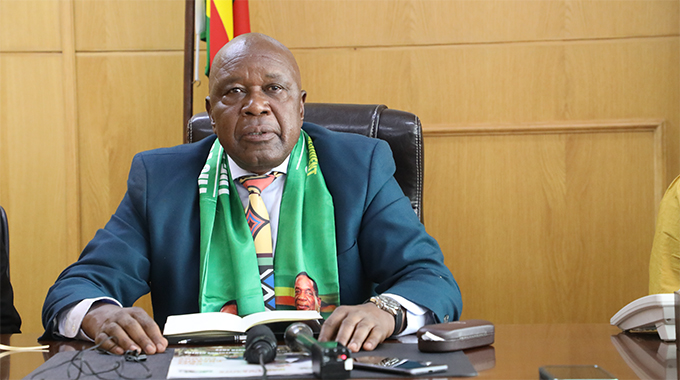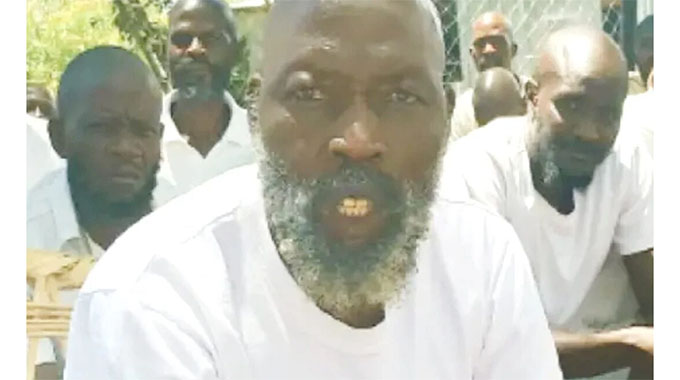Women remain cornerstone of development: Minister

Ivan Zhakata–Herald Correspondent
Women remain the cornerstone of the country’s development as Zimbabwe is developed “brick-by-brick and stone-upon-stone”, the Minister of Information, Publicity and Broadcasting Services Dr Jenfan Muswere has said.
Dr Muswere said women also played a critical role in the communication matrix in the various spheres.
In a speech read on his behalf by the Permanent Secretary for Information, Publicity and Broadcasting Services Mr Nick Mangwana at a media workshop on inclusion of women in community radio stations, Dr Muswere said the Second Republic created an enabling environment for the media to grow through the repealing of various laws that were deemed undemocratic such as the Access to Information and Protection of Privacy Act (AIPPA).
The workshop was running under the theme: “Promoting Access to Information, Participation and Voice of Marginalised Women in the Zimbabwean Community Radio Landscape.”
It was organised by the Zimbabwe Association of Community Radio Stations (ZACRAS) in partnership with the Canadian Local Initiatives Fund.
Dr Muswere said the repealing of the laws saw the promulgation of the Freedom of Information Act and the Zimbabwe Media Commission Act.
“The realignment of these Acts to the Constitution promoted media plurality and diversity as we now have six independent television channels, 14 community radio stations and eight campus radio stations,” he said.
“These media channels have given the impetus for women to lead in information acquisition and dissemination, in the process fulfilling the mantra of leaving no one and no place behind. These more and diverse voices in the broadcasting sector have opened up employment opportunities for the citizenry, especially our young graduates from universities and colleges to produce content to feed the various platforms.
“What these radio and television stations are now crying out for is the quality content to be able to attract and retain listenership and viewership. Community radio stations are by their ownership structure for the people, with the people, by the people and as such the expectation is that it becomes a medium for the hitherto voiceless and marginalised women and men.”
Dr Muswere said the articulation of community issues could not be the preserve of men, but had to include women as they were the ones who largely carried the burden of communities.
“We see women playing a very critical role in the communication matrix in the various spheres. Women remain the cornerstone of a country’s development as we continue to build our country brick-by- brick and stone-upon-stone,” he said.
“It is our expectation that community radio stations take on board the voices of marginalised women by ensuring their coverage on radio. It cannot only be the voices of men being heard on the community radio stations, but also the voices of women and girls.”
Dr Muswere said the Government ensured that Sustainable Development Goal number 5 which aims at ending gender-based discrimination, violence and harmful practices against women at the workplace, in politics and at home becomes a reality.
“Women now hold senior managerial and editorial posts at media houses across the country,” he said. “We have seen a significant number of female journalists rising to editorship positions in both the public and private media, while others have been appointed on merit to the positions of chief executive officers and general managers.
“This has helped the enhancement of gender mainstreaming and access to information. Women are now critical cogs in newsrooms and boardrooms thus promoting access to information, participation, and amplification of the voice of the marginalised.”
ZACRAS national coordinator Ms Sandra Mazunga said they believed women were an important tool for development.
“ZACRAS is contributing towards women empowerment in the media landscape as we seek to enhance women’s participation in the media,” she said. “We also want to create an awareness about gender equality and promote the role of women in the media, thereby amplifying their voice.”







Comments